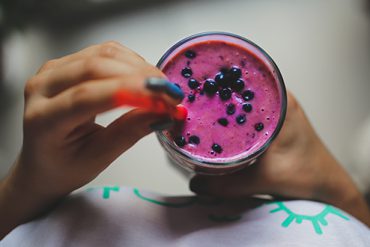Bariatric surgery refers to weight loss procedures performed on people with obesity, in which the size of the stomach is reduced, either with a gastric band, or through the removal of a portion of the stomach.
Before surgery, it is crucial that a strict, calorie-controlled diet is followed. This is important to reduce the size of the liver, reducing the risk of complications related to surgery. It is also helpful as decreasing the liver’s size increases the likelihood of the surgery being performed laparoscopically (by keyhole), as opposed to open surgery, which can be more painful. It can increase hospital stay, recovery time, and the risk of hernias.
When excess glucose from carbohydrates is consumed, it is turned into a substance called glycogen and stored in the liver and muscles. By reducing the amount of carbohydrates consumed over the next two weeks, the glycogen stored in the liver will all be used up, helping the liver shrink to a smaller size. It is essential that you stick to the diet for the full two weeks or the surgery may not go ahead.
If you have diabetes make sure you mention this to your healthcare professional, as your dietary needs may vary.
Pre-op liquid diet
In most cases, patients are told to start the liquid diet two weeks before their surgery date. The bulk of the diet is made up of low-carb protein shakes, as they ensure you don’t become too weak before surgery. Protein shakes can be made either with water or skimmed milk. You should be consuming around 80 to 100 grams of protein per day from your protein shakes.
Diluted fruit and vegetable juices that contain no pulp are also advised, as they contain essential vitamins and dietary elements. Very thin creamed soup and broth, that contain no solid pieces, can be consumed. Sugar-free jelly and sugar-free ice lollies are also allowed in moderation.
- 9:00 AM – Protein shake
- 10:00 AM – 200ml skimmed milk
- 11:00 AM – Protein shake
- 12:00 AM – 200ml water
- 1:00 PM – 200ml broth
- 2:00 PM – Protein shake
- 3:00 PM – Jelly or ice lolly (sugar-free)
- 4:00 PM – 200ml water
- 5:00 PM – Protein shake
- 6:00 PM – 200ml cream of soup
- 7:00 PM – 200ml water
- 8:00 PM – Water or broth
It is also advised that you add a multivitamin and calcium tablet to your diet, to ensure you are consuming enough nutrients. A chewable multivitamin is preferable.




